Photos and Reflections From a 3/19 Protest
On March 19, 2005, TroopsOutNow.org sponsored a rally in the East Meadow of NYC's Central Park to protest the 2nd anniversary of the American invasion of Iraq. The rally was part of a weekend of protests worldwide that included additional gatherings in all five boroughs.
Contrary to the impression often created by sensationalist news reporting, my experience was that these things tended to be rather chaotic, boring affairs that are more like really crowded afternoons in the park than earth-changing events. As a rapid-fire succession of around 50 speakers, rappers and singers screamed on the main stage for three hours, the surrounding areas had a festive atmosphere that seemed almost oblivious to central event. The speakers addressed not only the war, but a panapoly of liberal causes that were often only tangentally related to Iraq: the Cuban five, Mumia Abu-Jamal, Hugo Chavez, Korean militarization, Puerto Rican statehood, the Hatian coup, AIDS funding, Palestinian liberation.
There is certainly some intrisic edification to be gained from gathering with a group of (at least, partially) like-minded individuals. But a question should be asked about how much good this does toward achieving the larger goals. In some ways, the illusion of progress given by these protests may be a distraction from work that could yield more tangible results.
While there are certainly examples of marches that changed history, the '65 Selma march and the 1979 protests in Iran were manifestations of deeper social unrest and not transformative events in and of themselves. Today, most of these events don't even get significant news coverage. The unprecedented worldwide protests in 2003 didn't stop the Iraq invasion and the massive 2004 NYC RNC march could not prevent Bush's 2nd term. Calls for impeachment of the President were pointless when the Congress was firmly controlled by a well-organized right-wing machine.
Unfortunately, the hearts and minds of America cannot be won in the streets. As Howard Dean has noted, they are won at the grassroots by individuals talking to individuals, by people running for city councils and school boards. They will be won with the creative use of old and new media. But when a passion for nurturing the commons does not truly come from a broad spectrum of the public, public protest is largely irrelevant.

Photos and Reflections From a 3/19 Protest (video)
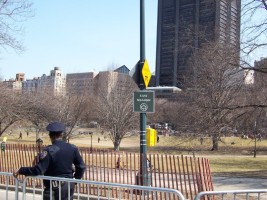
Photos and Reflections From a 3/19 Protest

Photos and Reflections From a 3/19 Protest
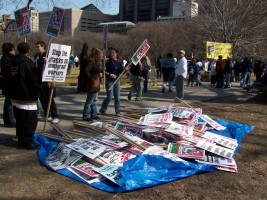
Photos and Reflections From a 3/19 Protest
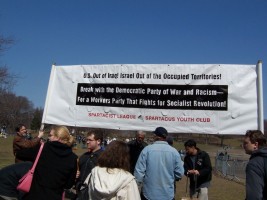
Photos and Reflections From a 3/19 Protest

Photos and Reflections From a 3/19 Protest
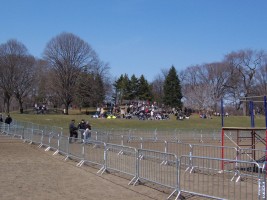
Photos and Reflections From a 3/19 Protest
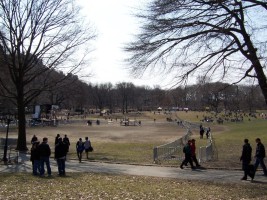
Photos and Reflections From a 3/19 Protest
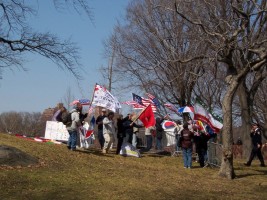
Photos and Reflections From a 3/19 Protest
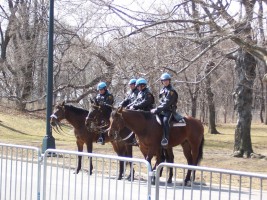
Photos and Reflections From a 3/19 Protest
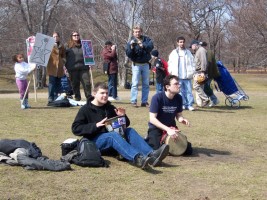
Photos and Reflections From a 3/19 Protest
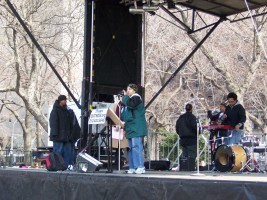
Photos and Reflections From a 3/19 Protest
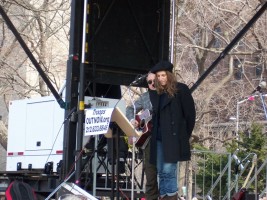
Photos and Reflections From a 3/19 Protest
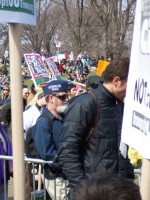
Photos and Reflections From a 3/19 Protest
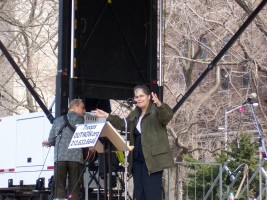
Photos and Reflections From a 3/19 Protest
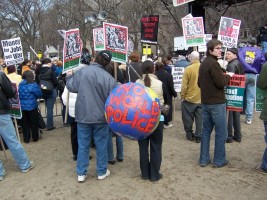
Photos and Reflections From a 3/19 Protest
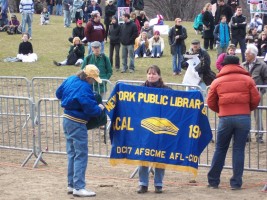
Photos and Reflections From a 3/19 Protest
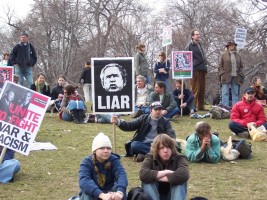
Photos and Reflections From a 3/19 Protest
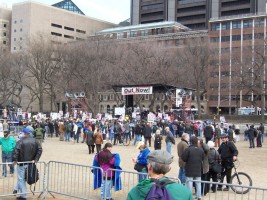
Photos and Reflections From a 3/19 Protest
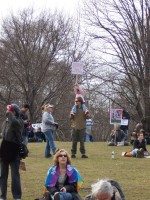
Photos and Reflections From a 3/19 Protest
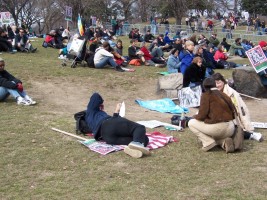
Photos and Reflections From a 3/19 Protest
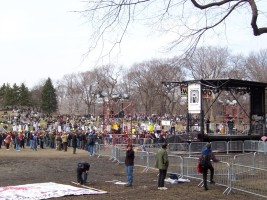
Photos and Reflections From a 3/19 Protest
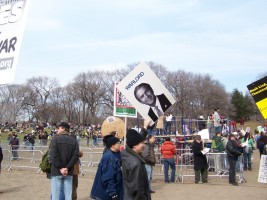
Photos and Reflections From a 3/19 Protest
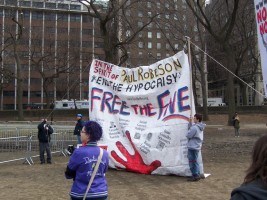
Photos and Reflections From a 3/19 Protest
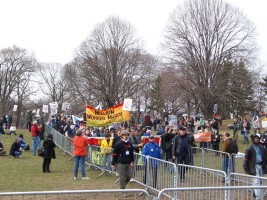
Photos and Reflections From a 3/19 Protest
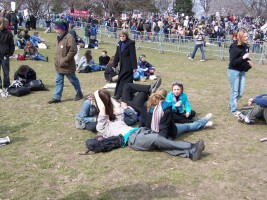
Photos and Reflections From a 3/19 Protest
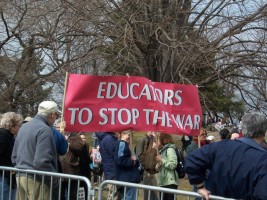
Photos and Reflections From a 3/19 Protest

Photos and Reflections From a 3/19 Protest
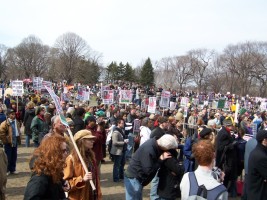
Photos and Reflections From a 3/19 Protest
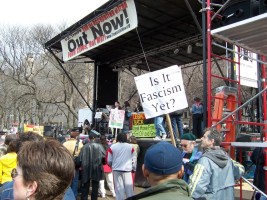
Photos and Reflections From a 3/19 Protest
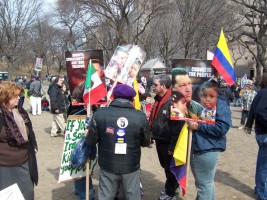
Photos and Reflections From a 3/19 Protest

Photos and Reflections From a 3/19 Protest
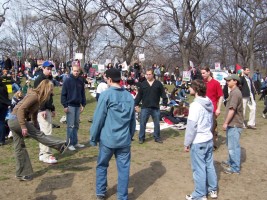
Photos and Reflections From a 3/19 Protest
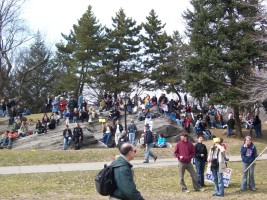
Photos and Reflections From a 3/19 Protest
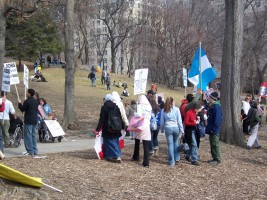
Photos and Reflections From a 3/19 Protest
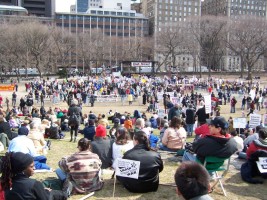
Photos and Reflections From a 3/19 Protest
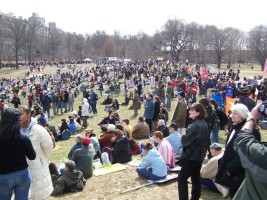
Photos and Reflections From a 3/19 Protest
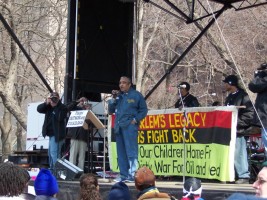
Photos and Reflections From a 3/19 Protest
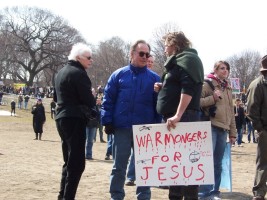
Photos and Reflections From a 3/19 Protest
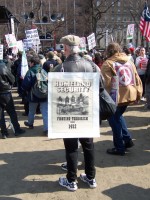
Photos and Reflections From a 3/19 Protest
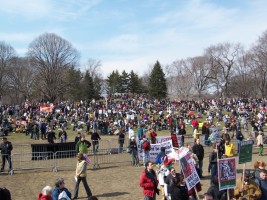
Photos and Reflections From a 3/19 Protest
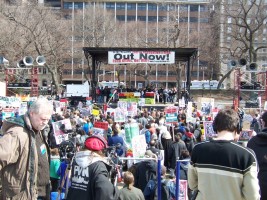
Photos and Reflections From a 3/19 Protest
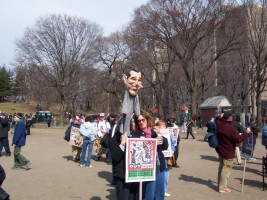
Photos and Reflections From a 3/19 Protest
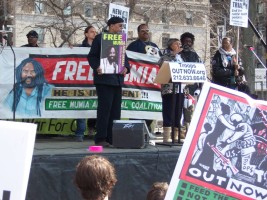
Photos and Reflections From a 3/19 Protest
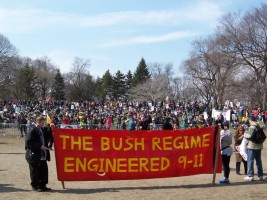
Photos and Reflections From a 3/19 Protest
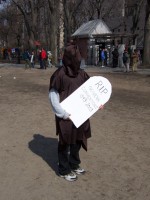
Photos and Reflections From a 3/19 Protest
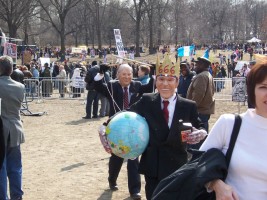
Photos and Reflections From a 3/19 Protest
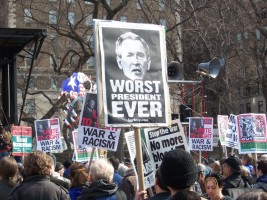
Photos and Reflections From a 3/19 Protest
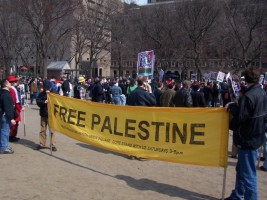
Photos and Reflections From a 3/19 Protest
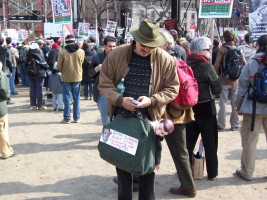
Photos and Reflections From a 3/19 Protest
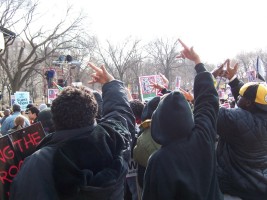
Photos and Reflections From a 3/19 Protest
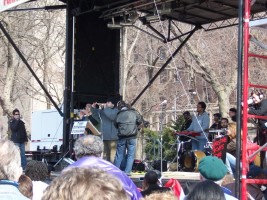
Photos and Reflections From a 3/19 Protest
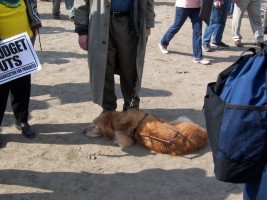
Photos and Reflections From a 3/19 Protest
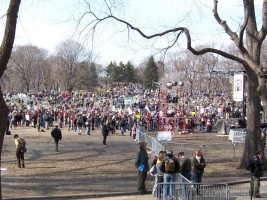
Photos and Reflections From a 3/19 Protest
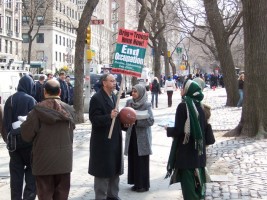
Photos and Reflections From a 3/19 Protest
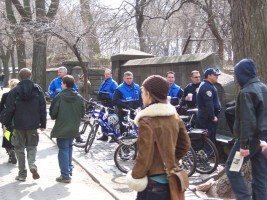
Photos and Reflections From a 3/19 Protest
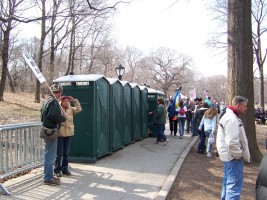
Photos and Reflections From a 3/19 Protest

Photos and Reflections From a 3/19 Protest
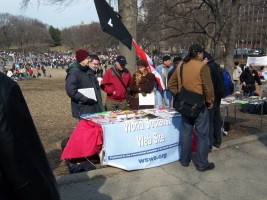
Photos and Reflections From a 3/19 Protest
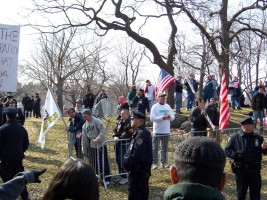
Photos and Reflections From a 3/19 Protest
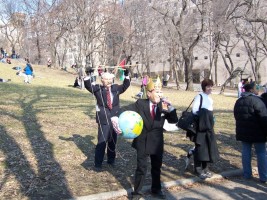
Photos and Reflections From a 3/19 Protest
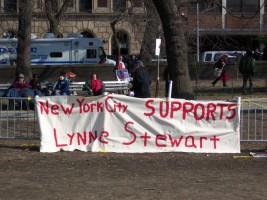
Photos and Reflections From a 3/19 Protest

Photos and Reflections From a 3/19 Protest
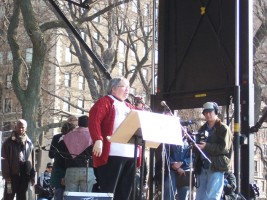
Photos and Reflections From a 3/19 Protest
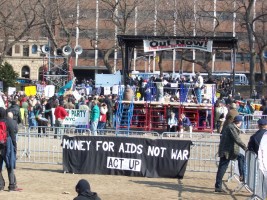
Photos and Reflections From a 3/19 Protest
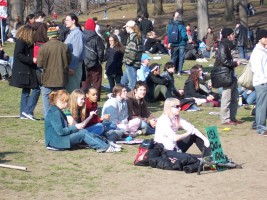
Photos and Reflections From a 3/19 Protest
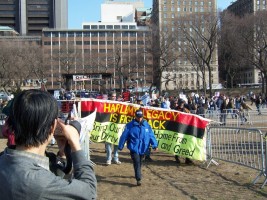
Photos and Reflections From a 3/19 Protest

Photos and Reflections From a 3/19 Protest
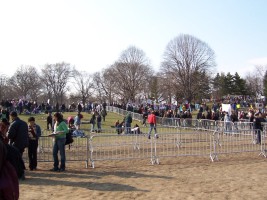
Photos and Reflections From a 3/19 Protest
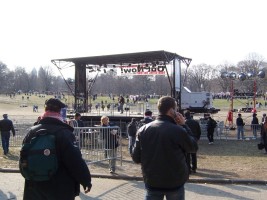
Photos and Reflections From a 3/19 Protest
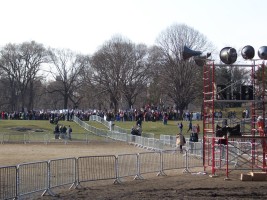
Photos and Reflections From a 3/19 Protest
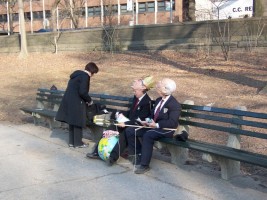
Photos and Reflections From a 3/19 Protest
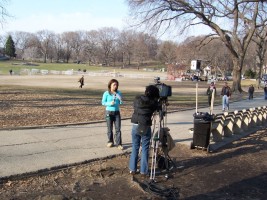
Photos and Reflections From a 3/19 Protest

Photos and Reflections From a 3/19 Protest

Photos and Reflections From a 3/19 Protest